Five months and counting until France hosts the Rugby World Cup. For England supporters, the tournament kicks off at the stylish Stade Vélodrome in Marseille against Argentina on 9 September, one of six fixtures hosted by the Mediterranean city. Scotland take on South Africa the day after the England game, and two of the tournament’s quarter-finals will also be in Marseille, as they were in 2007 when France last hosted the World Cup.
That year was a peaceful one by Marseille’s standards, with only seven murders attributed to gangland wars. There was a new president, Nicolas Sarkozy, who had campaigned on a ‘tough on crime’ ticket, and that, plus the hosting of rugby’s showpiece event, might have had an effect.
Two thirds of French people believe the army should be sent into the housing estates where the drugs gangs are based
Since then, however, Marseille has grown steadily more murderous and 2022 was a record year in the drug wars with 33 deaths. There were a further 27 shootings linked to what the French call the ‘règlements de compte’ (score settling). More often than not the weapon used was a Kalashnikov assault rifle, imported into France from the Balkans and exchanging hands for as little as €500 (£440).
This year could be the bloodiest yet. The body count already stands at 15 with more than 50 wounded, including four who were shot on Monday night.
What’s striking about the victims is their age, articulated by a headline in Liberation at the start of this month: ‘Marseille Shootings: A city that is eating its youth’. That report was published after the death of three youngsters and the wounding of eight others in two separate shootings on the weekend of 1-2 April. The dead were aged 16, 21 and 23 and two of the injured were in their early teens. In the last decade, the average age of gun grime victims has fallen from 27 to 23.
There is another noteworthy feature to this year’s killings; where once drug gangs settled their scores in Marseille’s northern suburbs, their heartlands, now they target their victims wherever they find them. The 16-year-old who was killed on the night of 1 April was gunned down in the city centre, close to a boutique hotel and the head office of the regional contemporary art fund.
‘These shootings are no longer simply a question of territorial control but are degenerating into a vendetta that goes beyond the boundaries of the city,’ explained the Marseille police prefect Frédérique Camilleri.
The strategy of the police is twofold: cut off the consumers from the dealers by blocking access to the housing estates where the gangs are based. To this end an elite police team of CRS8, specialised in urban warfare, have been deployed to patrol the volatile areas.
An additional eleven judicial police officers have been drafted in, and their task is to go after the drug bosses. Using surveillance, wiretaps and other methods, magistrates and investigators have made 31 drug-related arrests this year.
But in doing so they are creating a power vacuum, which accounts for the rise in shootings between the two principal cartels. Frédérique Camilleri believes this ‘tectonic plate movement’ will take time to settle. ‘We are in a particularly worrying dynamic which has deeply marked the local population,’ she said. ‘And we believe that it will continue in the months to come.’
In August 2012, Samia Ghali, a local politician, accused the then Socialist government of not appreciating the gravity of the drugs war in her city. She claimed that only the deployment of the army would eradicate the gangs. ‘It’s no longer worth sending a busload of CRS to arrest drug dealers,’ she explained. ‘When ten of them are arrested, ten others take over.’
Ghali issued a stark warning: ‘Weapons are proliferating…If nothing is done, we are heading straight for an American-style system, with gangs waging war on territories where the law no longer applies.’
Nothing has been done, to the despair of the courageous Ghali, now the deputy mayor of Marseille. In an interview this month she lamented the fact that her warning of a decade ago was ignored by Paris. ‘People thought it was all nonsense, all spin, but it is a reality,’ she said. ‘We are faced with cartels that are organised, faced with a state, a republic, a system, that ultimately ignores them.’
Successive governments have allowed the cartels to grow and in doing so they have abandoned the local people to a life of misery. Relatives of young victims – usually the mothers – have organised associations that bravely march through the streets demanding an end to the killings. But the overriding emotion is fear. ‘Today, in Marseille, we have a frightened population,’ said Ghali. ‘Mothers who are afraid to go out, to leave their children in the kindergarten. That’s the reality.’
A recent survey found that two thirds of French people believe the army should be sent into the housing estates where the drugs gangs are based. That is unlikely to happen under Emmanuel Macron.
At last year’s Champions League football final in Paris, Liverpool and Real Madrid fans were set upon by youths outside the stadium. The official government line was to blame the English and maintain its state of denial about the violence and terror that reign in parts of the country, what Le Figaro this week called the ‘Mexicanisation’ of France.
One of the 15 people killed in Marseille this year was not a member of a cartel; they had the misfortune to be in the wrong place at the wrong time when the shooting started. It’s not the first time. A woman was killed in 2012 by a stray bullet and a 21-year-old was shot dead in 2016 as he watched a football match in a bar.
The chances of a rugby fan being hit by a stray bullet this autumn are minuscule. They’ll come to a city beefed up with police and probably have a great time. But for the city’s inhabitants, certainly those in the poorer neighbourhoods, life in Marseille is becoming increasingly dangerous.
Got something to add? Join the discussion and comment below.
Get 10 issues for just $10
Subscribe to The Spectator Australia today for the next 10 magazine issues, plus full online access, for just $10.


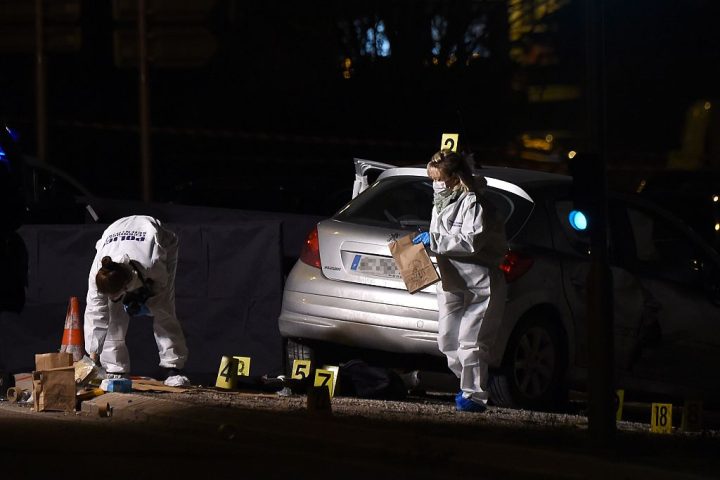
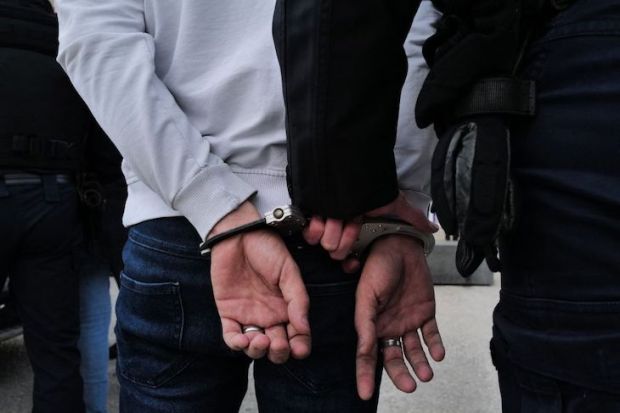
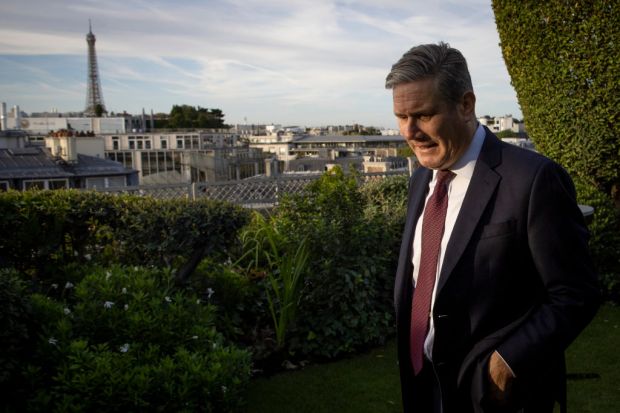


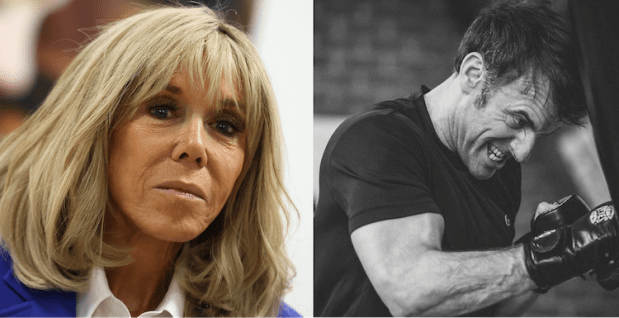
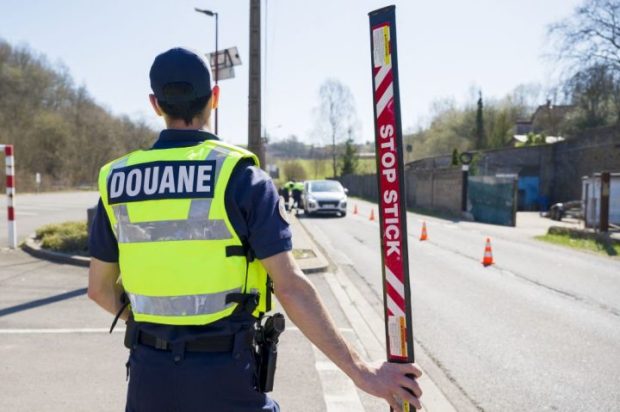












Comments
Don't miss out
Join the conversation with other Spectator Australia readers. Subscribe to leave a comment.
SUBSCRIBEAlready a subscriber? Log in